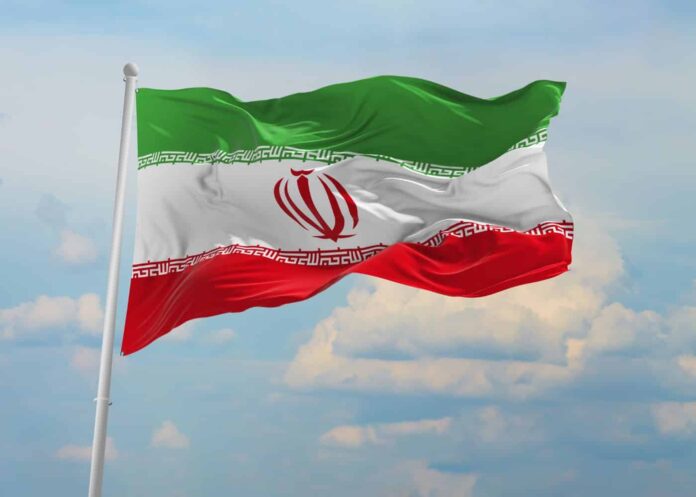By Cultural Consulate of the Embassy of the Islamic Republic of Iran
In the annals of modern history, few figures have left as indelible a mark as Imam Ruhollah Khomeini (RA)—founder of the Islamic Republic of Iran and the towering leader who ushered an oppressed nation into an era of independence, dignity, and resistance against global tyranny. Even those who once perceived him as an adversary now regard him with a level of reverence, if not admiration, for the sheer conviction and clarity with which he led a seismic revolution.
When Imam Khomeini stood up against the autocratic regime of Reza Shah Pahlavi, many dismissed him as a lone cleric daring to confront the might of monarchy and its foreign backers. But what he carried was far greater than military arms—it was unwavering faith in God, and an unbreakable bond with the people. That bond would soon ignite one of the most remarkable transformations in modern geopolitical history.
The Iran that Imam Khomeini inherited was shackled—morally, politically, and economically. A once-proud civilization had been reduced to a client state, its resources exploited and its culture suppressed. But with an unflinching resolve, the Imam guided the Iranian people out of a dark alley of foreign domination and moral decline into a path of self-reliance, spiritual revival, and national sovereignty.

It was not just a political revolution; it was a reawakening of identity and belief. The Imam restored a sense of pride and purpose to the Iranian people. He instilled in them the belief that dignity could not be negotiated, and that a nation could indeed chart its own destiny—not through the barrel of a gun, but through the power of faith and unity.
Despite facing relentless pressure from global powers, the Islamic Republic not only survived but thrived. Sanctions, economic warfare, and attempts at diplomatic isolation were intended to break the spirit of a nation. Instead, they became a crucible through which Iran forged new strengths. From scientific innovation to military self-sufficiency, from nanotechnology to satellite launches, Iran has emerged as one of the most technologically advanced countries in the region—all while standing firm on its ideological and sovereign principles.
One can only imagine what path Iran might have taken had Imam Khomeini not risen to confront the Shah’s regime. Would the nation have remained in the clutches of dependency and moral erosion? Would it have forfeited its cultural soul for fleeting material comfort? These questions underscore the magnitude of his intervention.
Imam Khomeini’s legacy lives not just in the political structure he helped create, but in the resilience of a people who now know the value of independence, and the price of freedom. He proved that courage in the face of tyranny, guided by divine faith, can reshape the course of history.
Today, as nations across the world grapple with injustice, occupation, and moral confusion, Imam Khomeini’s life stands as a beacon—a testimony that true leadership is not about yielding to power, but standing firm for what is right, no matter the cost.


